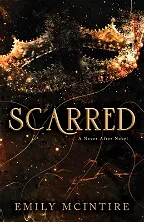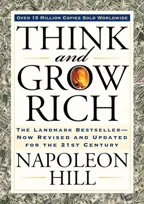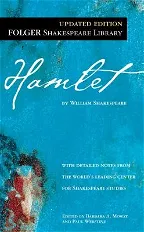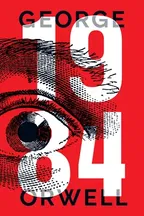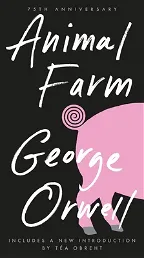Michael Dopffel
(Author)Empirical Form and Religious Function: Apparition Narratives of the Early English EnlightenmentPaperback, 6 March 2020
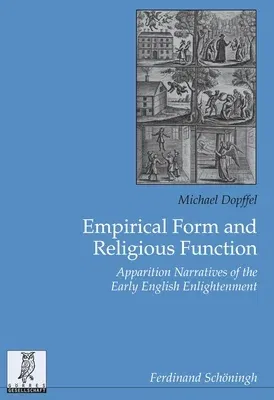
Qty
1
Turbo
Ships in 2 - 3 days
Only 5 left
Free Delivery
Cash on Delivery
15 Days
Free Returns
Secure Checkout

Part of Series
Beiträge Zur Englischen Und Amerikanischen Literatur
Print Length
340 pages
Language
English
Publisher
Brill U Schoningh
Date Published
6 Mar 2020
ISBN-10
3506703420
ISBN-13
9783506703422
Popular Books
Ships in
Description
Product Details
Author:
Book Format:
Paperback
Country of Origin:
US
Date Published:
6 March 2020
ISBN-10:
3506703420
ISBN-13:
9783506703422
Language:
English
Location:
Leiden
Pages:
340
Publisher:
